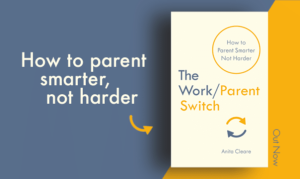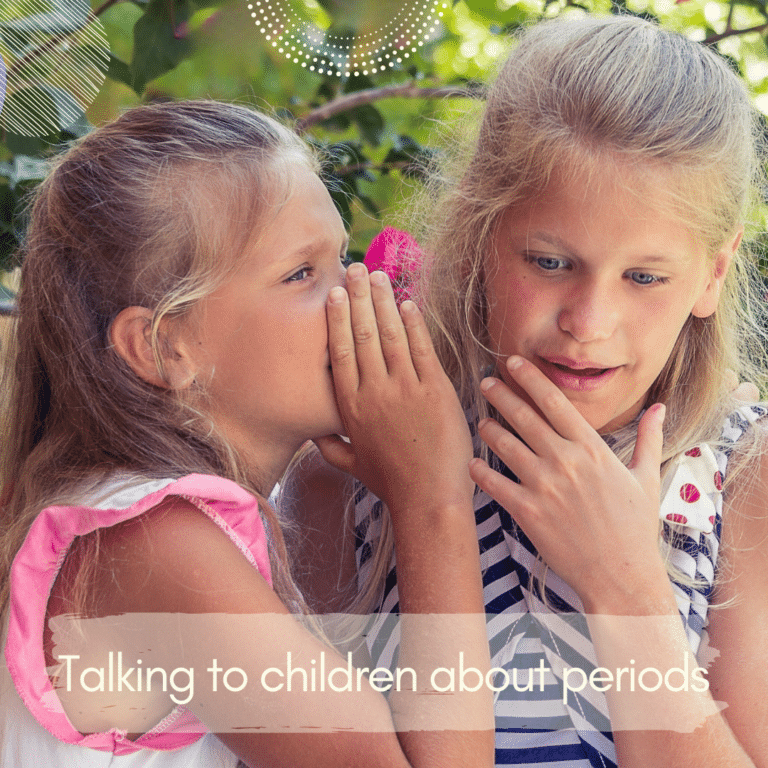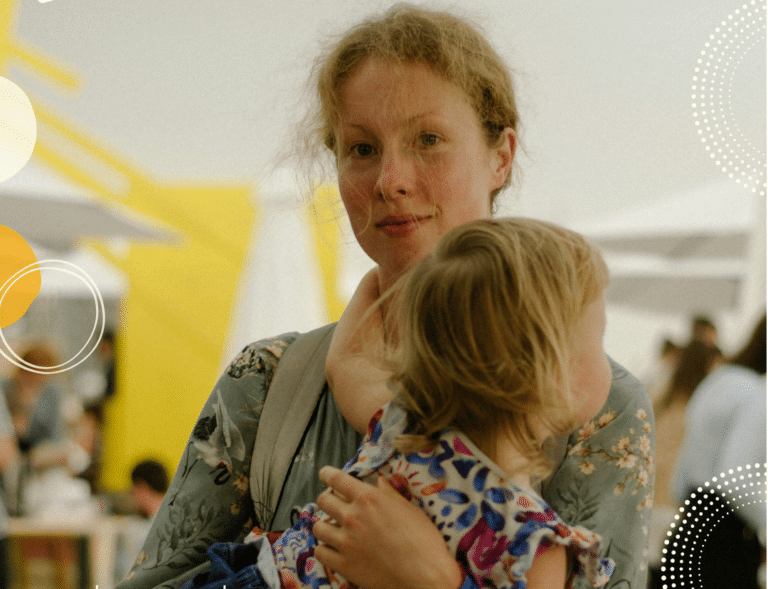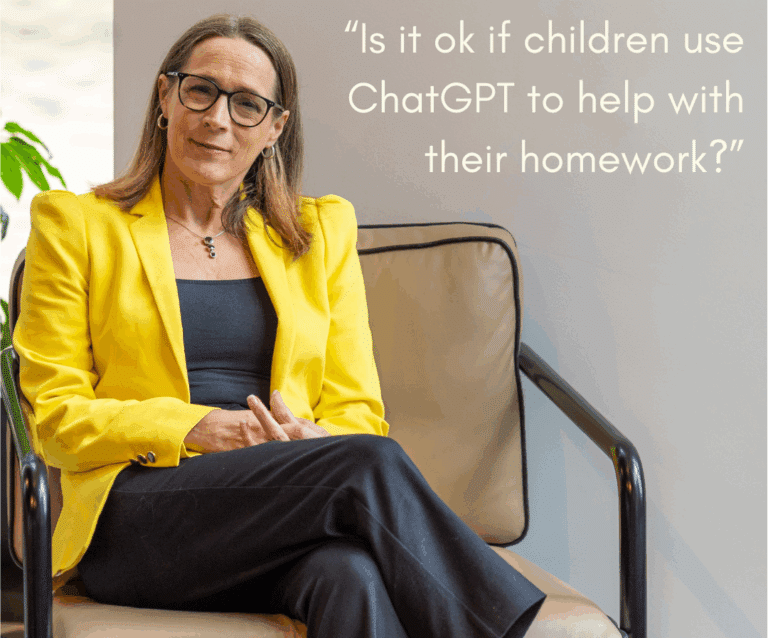How to talk to children about periods
Earlier this year, I was interviewed for an article on how to talk to children about periods. Only a small amount of what I said made it into the final piece, so I thought I would share the full transcript. You might find this useful in thinking about when and how to tackle menstruation conversations at different ages.
Q: What is it about talking about periods that makes so many of us feel awkward?
Talking about periods involves talking about intimate parts of our bodies and about sex. Many parents grew up in families where these topics were not openly discussed and that makes it harder for us to talk about sex and bodies to our children when we’re adults.
Some parents worry that menstruation is a topic that might confuse or frighten children if we don’t get the conversation right or if we approach it in the wrong way.
In practice, often the hardest part if you want to talk to children about periods is just opening your mouth and launching into the first sentence. Many parents find that once they start talking, it’s not as difficult as they feared.
Q: What’s the earliest age it’s appropriate to talk to children about periods?
As early as possible. Talking to children when they are young – about where babies come from, for example – makes it much easier and more natural to then discuss the details as they get older. We can keep it really simple with young children. For example, just saying that every month a woman’s body gets ready to have a baby.
If we avoid talking about bodies or periods with young children, that sends out the message that these topics are taboo or negative or that there is something wrong or shameful about menstruation. So, I would encourage parents to talk to children about periods and bodies right from the start.
Q: Do you wait for them to ask, or bring it up yourself? What’s a good time and place to raise the subject?
Questions are brilliant because they start conversations. But if your child isn’t asking questions, then find a way to start the conversation yourself.
You can make use of everyday opportunities to do this. For example, if a family member is pregnant or the cat is having kittens, these are great launchpads for talking about periods. It is much easier to talk about tricky issues if you are building on something that is going on in the world around you or already being talked about. So, plot lines in films and books can be fantastic for starting conversations or take a trip to the Natural History Museum. Bath time for really little ones is a really common time for questions to come up.
Rather than one big conversation, we are aiming for little and often. The more often you talk about bodies and periods, the better idea you will have of what your child already knows, which words they understand and whether they have any worries.
Q: If you do still feel awkward, any tips on how to at least appear relaxed?
It is important to choose words for body parts that you are comfortable saying. But make sure your children also know the correct terminology too. Introduce words like “vagina” and “uterus” from a young age to normalise them. It will make it much easier to talk about bodies later if you are used to saying those words. If you still feel awkward, practise saying these words out loud by yourself, so you get used to saying them and get used to hearing them coming from your mouth.
It can also help keep things relaxed if you talk to children about periods while you are doing something else rather than sitting down face-to-face. So, chat while you are making dinner or sitting in the car or out for a walk and that can take the pressure off a little and help the conversation flow.
Q: What’s your advice on talking to a 6-year-old, an 8-year-old, a 10-year-old, or a 12-year-old? What are the key messages at each stage?
6-year-olds are often very curious about bodies and ask a lot of questions, so this is a great age to make sure they know the basics about where babies come from. Always answer their questions – even if you feel they are a bit young to be asking. Just keep your answer simple and age appropriate.
Questions are fantastic because they tell you what your child is interested in and they help you gauge their level of understanding. Try giving a short simple answers to their question and then see what happens. If they change the subject, you have answered their question, that’s great. If they ask a follow up question, it means they are interested so keep talking!
With 6-year-olds you can use the wider world to set the bigger context of reproduction. Trips to a farm to see lambs being born, for example, are brilliant for this age group.
With 8-year-olds, you should start to include a bit more technical detail. For example, details such as sperm and eggs and menstrual cycles become increasingly appropriate.
Don’t forget, periods can start at 9-years-old so we want children to be prepared and informed. You might want to show them some sanitary products and let them unwrap those and have a look at them and talk about the wider context of how boys and girls bodies change in puberty.
At 10 years old puberty will be arriving – if not for your child, then for their friends. Questions might stop at this age, maybe because they think they know everything – or that they should know everything – or from embarrassment. So, you might need to be proactive to create opportunities to start conversations. You could try asking if any of their friends have started their periods yet.
Also, make sure your child has access to accurate and detailed information in books and leaflets for this age group.
At 12 years old, children are often well into the transition process to adult bodies. You are less likely to be seeing your child naked any more at this age, so it is sometimes hard to tell exactly what’s going on with their bodies. You need to aim to have a relationship with them that is open enough that they will tell you or ask you if there is something going on that worries them.
Q: If there are boys in the family do they become part of the discussion, or do you talk to them separately?
It’s really important that we include both boys and girls in conversations about periods. If we separate girls off to talk about periods, we are sending the signal that there is something shameful or secret about menstruating. Boys need to know the same basic information.
Q: Do we introduce the subject of different flows, potential cramps, pain etc, or is that just raising unnecessary anxiety?
Periods are different for everyone. Children are likely to hear about period cramps so there is no point avoiding the issue completely but remember to focus on the positives and not to alarm them. Not everyone experiences cramps, cramps often don’t last very long and are usually alleviated by pain relief medication.
Q: As a parent or guardian, should you relate it to your own experience? For example, should you mention each month eg – ‘Remember that chat we had? I’ve got my period again now,’ or is that too much?
Talking about your own experiences can be a really useful launch pad for those ‘little and often’ conversations. There is no need to hide the fact that you are on your period – this is a great time to bring up the issue. With young children, if they are in the toilet with you, they might notice and ask questions. Or they might see you with a hot water bottle on your tummy and that’s another opportunity to talk about periods. If you pop to the shops with an older child to buy period products when you are running out, that’s a great chance to talk about periods. But it’s probably not necessary to mention it every single month. Keep it natural.
Q: Should we establish what and when they’re being taught about periods at school?
Keeping up to date with what children are learning at school is really helpful. For example, when they have a SexEd class coming up, you can use that as an opportunity to start a conversation. For example, you could ask in advance what they think the lesson is going to be about or whether they have any questions they want to ask you first. Then, afterwards, check in with them about what they learnt and which topics were covered.
You also need to find out about the disposal facilities at school for period products. Check with the school, they will need that information.
Q What are some practical ways to make things easier for girls and remove any fears or concerns?
Before they start their periods, it’s a great idea to demystify sanitary products by letting girls have a packet that they can unwrap so that these become familiar. They can even practice wearing a pad if they want to and take a look at different types and brands.
The more you talk to children about periods honestly and openly, and answer their questions willingly when they are younger, the more likely children are to talk to you about any anxieties they have around puberty. What parents really want is to develop a relationship in which you are the person they come to with questions or worries. It’s much better that they get good information from you than they try googling it!
ADDITIONAL RESOURCES:









Leave a Reply